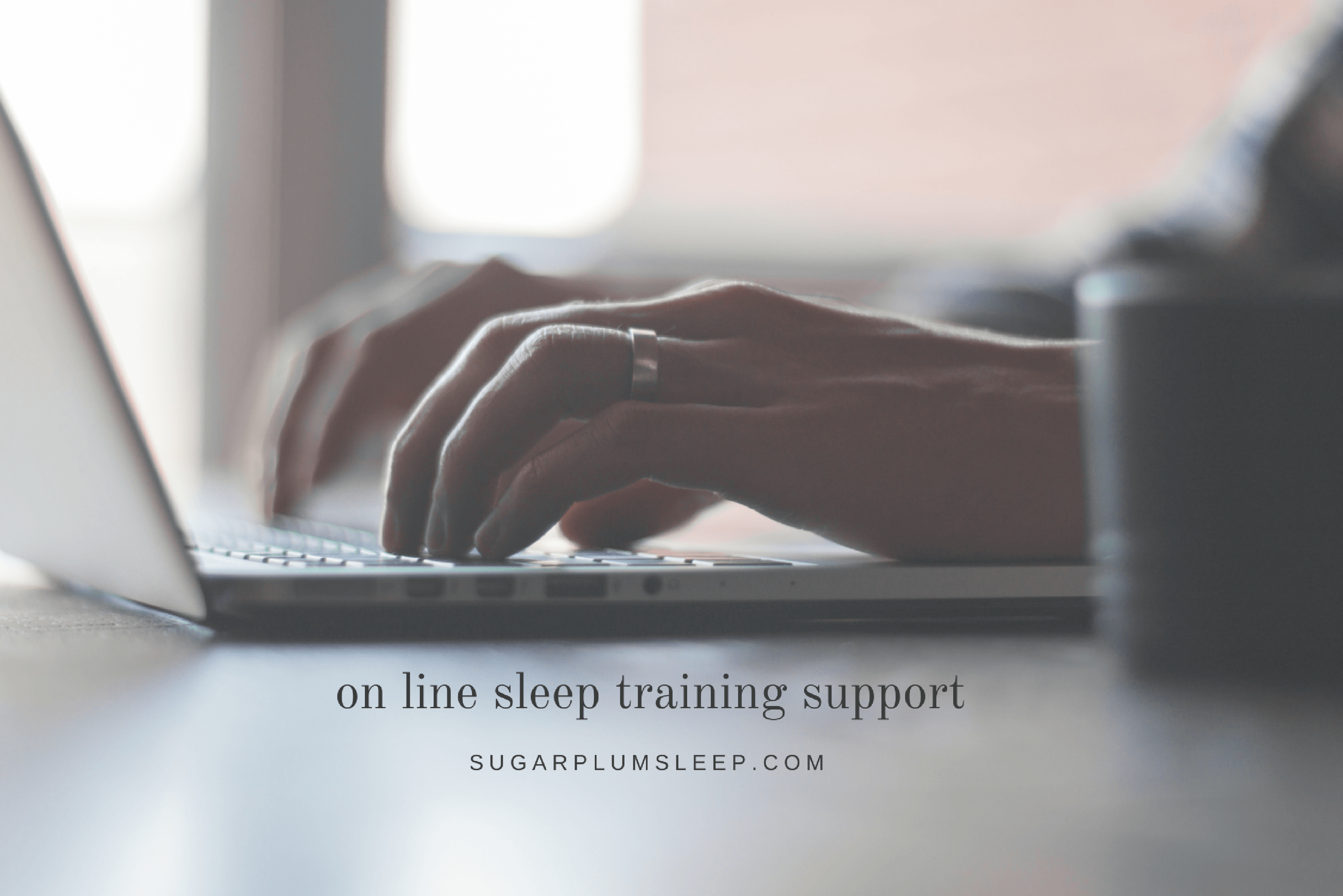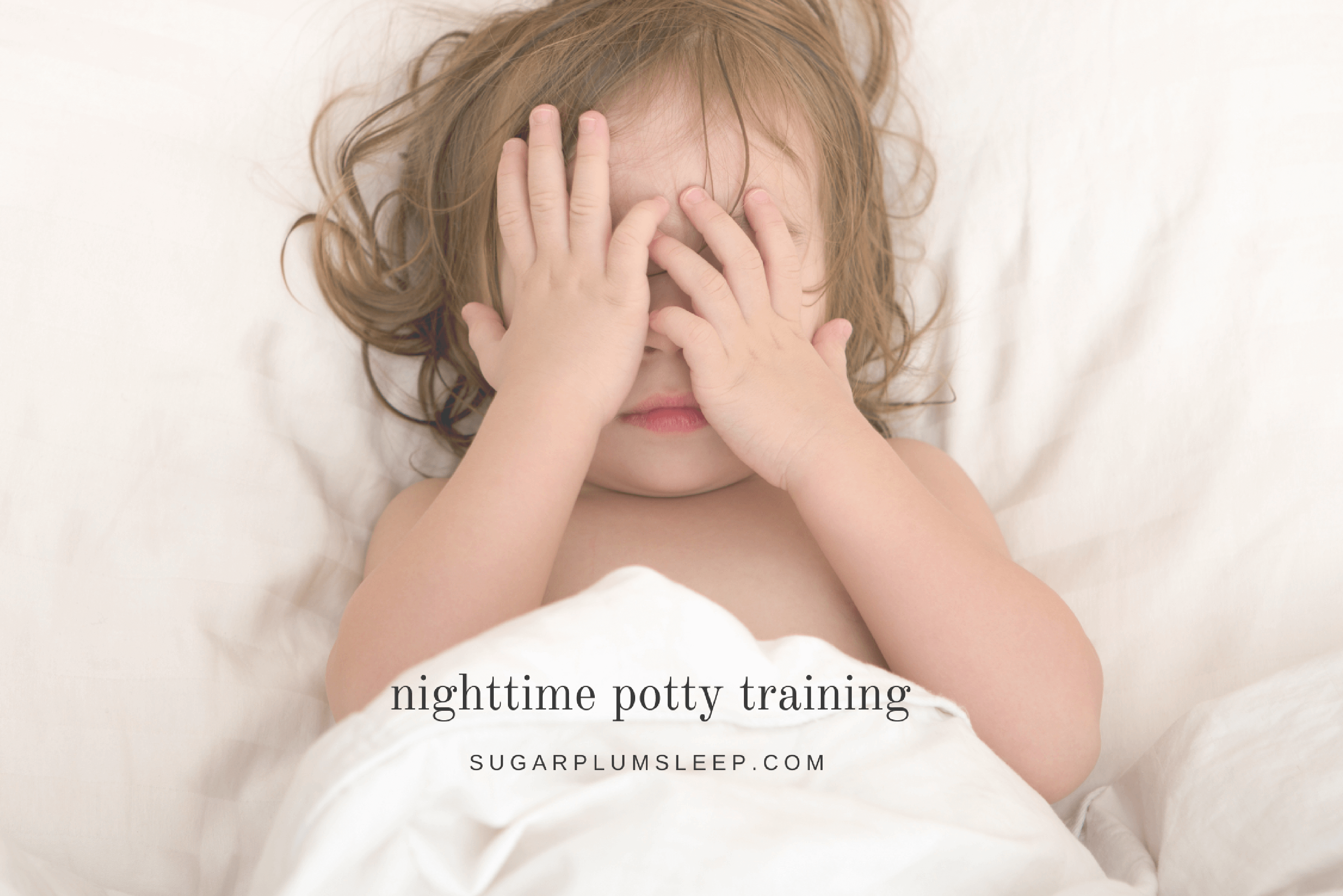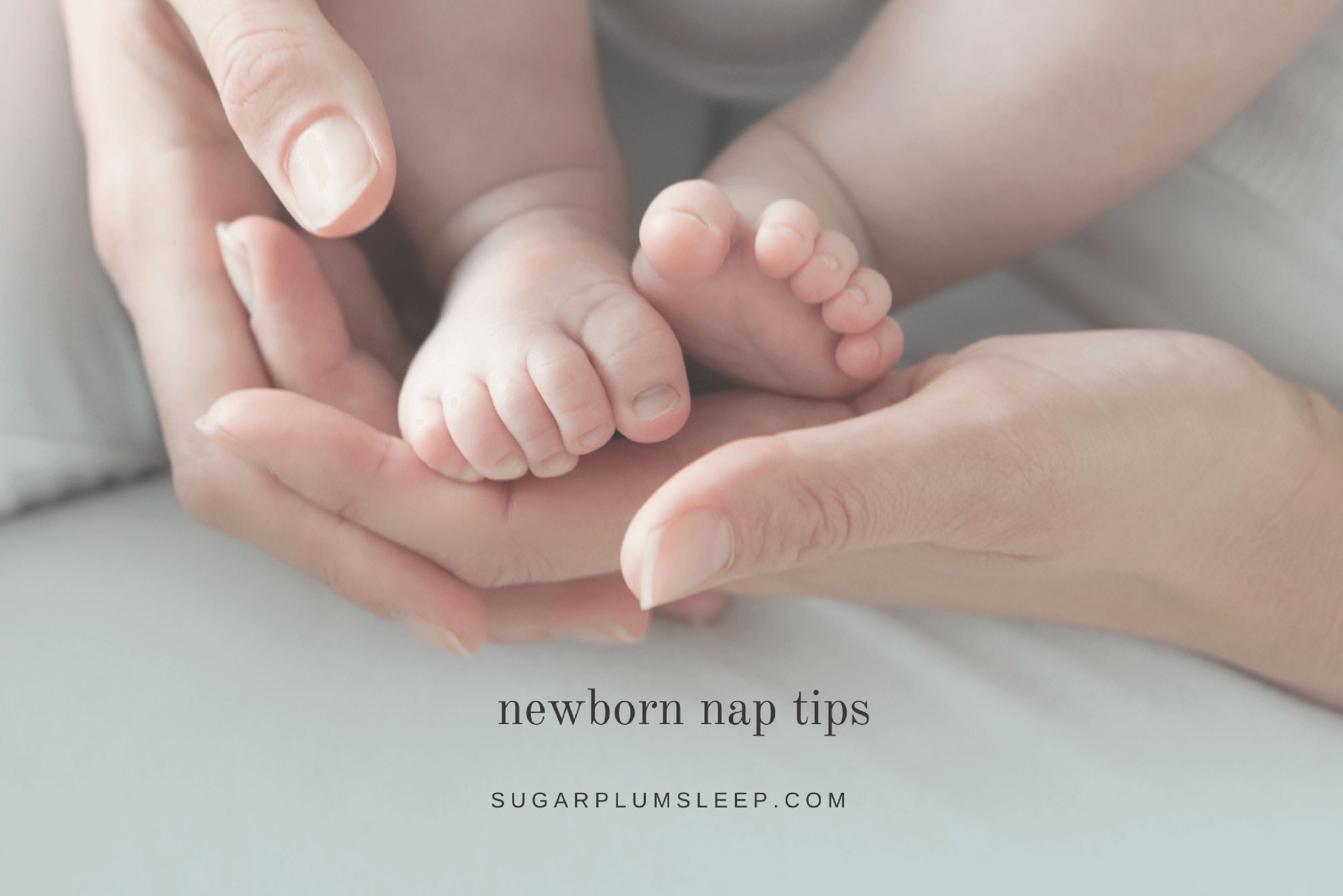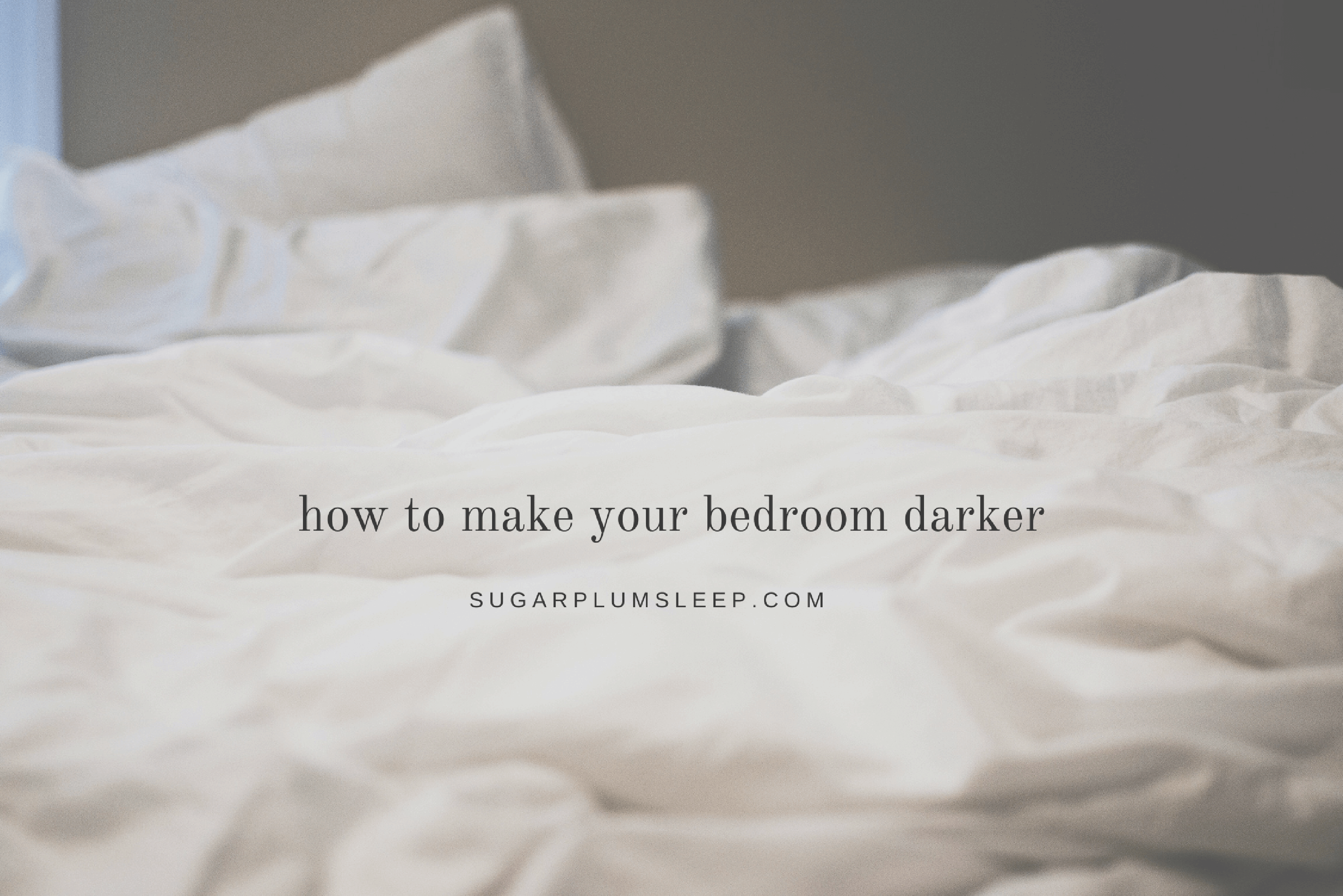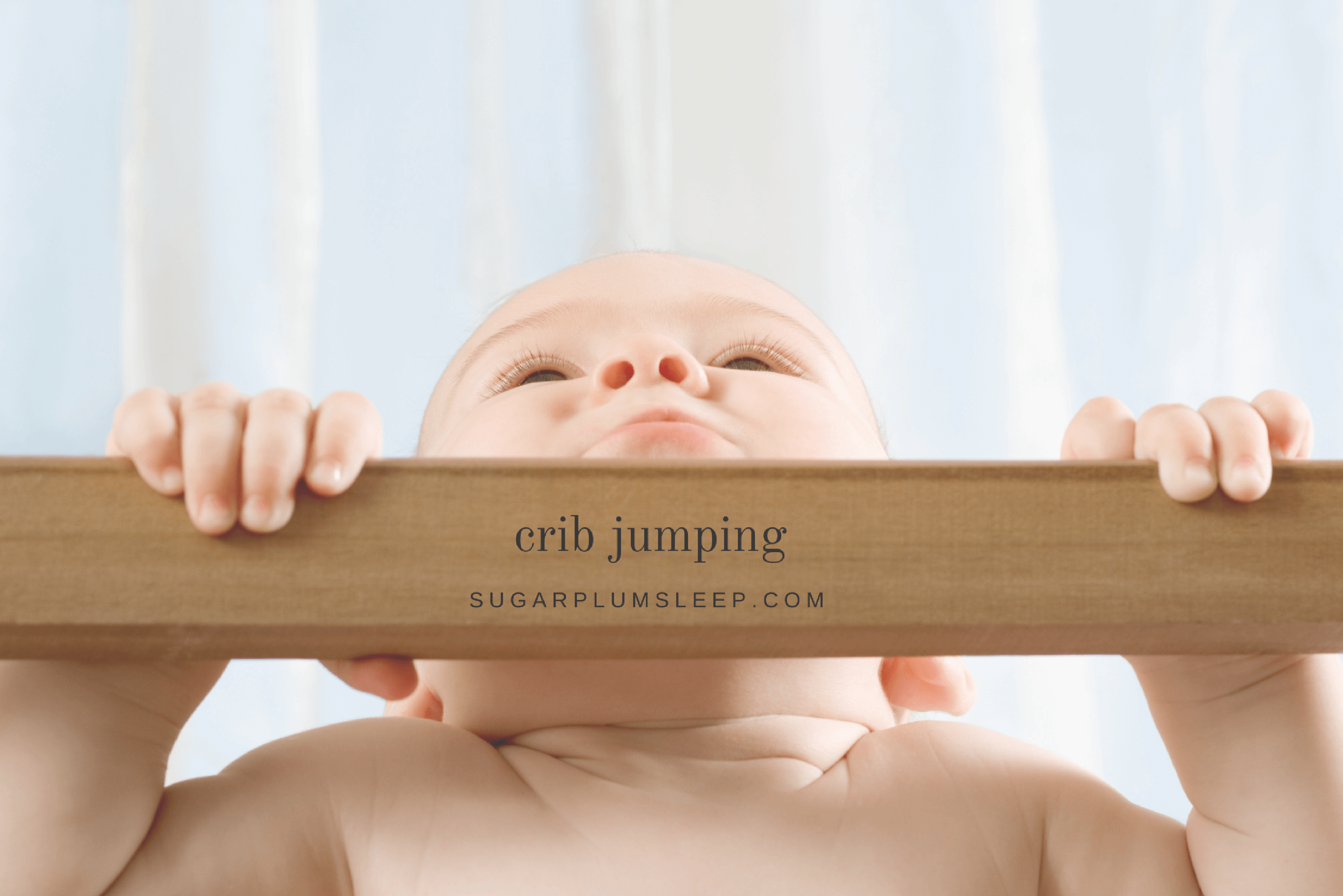Due to Covid-19, in-home baby sleep consulting services are not available at this time.
More and more often I am invited into homes in the Greater Toronto Area to provide baby sleep consulting services. By working hands-on with parents and caregivers I am able to help families achieve their sleep goals in the fastest way possible. In-home baby sleep consulting services help to alleviate the stress, fears and confusion surrounding the process. Often, it also neutralizes conflicting opinions and minimizes inconsistencies between caregivers resulting in a more positive experience for all parties involved.


